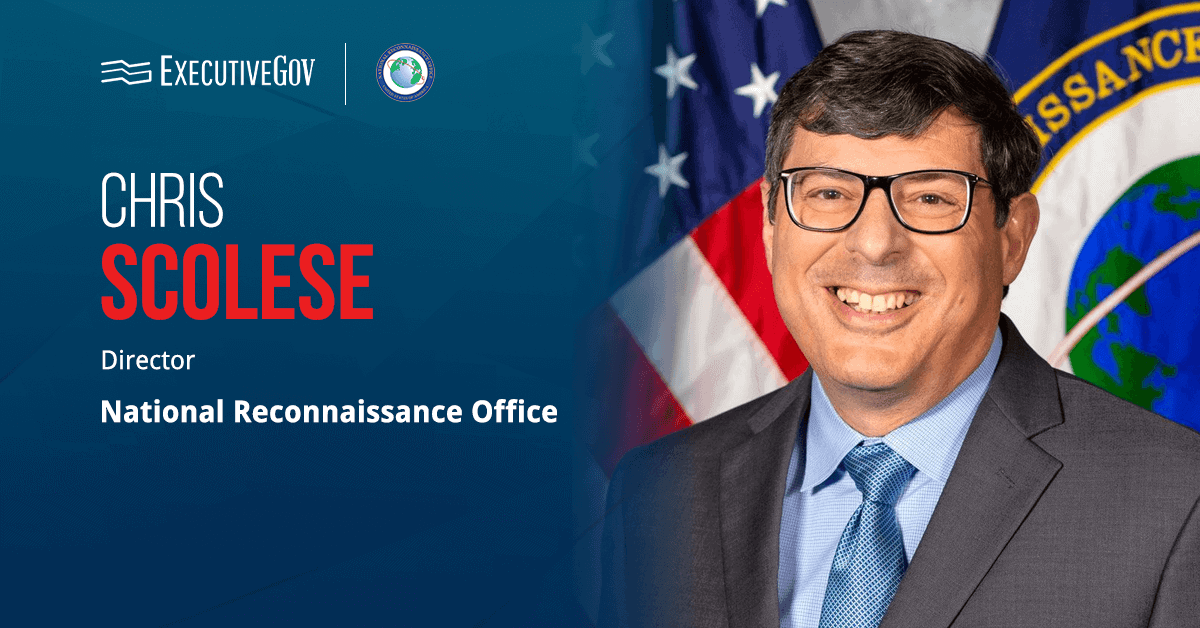 A Defense Department-led study has found that the U.S. military has become too reliant on China and other foreign countries for microelectronics and other items, Reuters reported Wednesday.
A Defense Department-led study has found that the U.S. military has become too reliant on China and other foreign countries for microelectronics and other items, Reuters reported Wednesday.Some U.S. officials told the news agency those microelectronics include transistors and integrated circuits that can be found in mobile devices, drones, cruise missiles and satellites.
Lt. Col. Mike Andrews, a spokesman for DoD, said the report would offer recommendations “to ensure a robust, resilient, secure and ready manufacturing and defense industrial base.â€
President Donald Trump ordered the review that is expected to be issued in the next few weeks, according to the report.
Some Pentagon officials have raised concerns that dependence on foreign imports could increase the risk of technology sabotage and espionage and result in the potential disruption to the U.S. military’s supply chain.
Â





